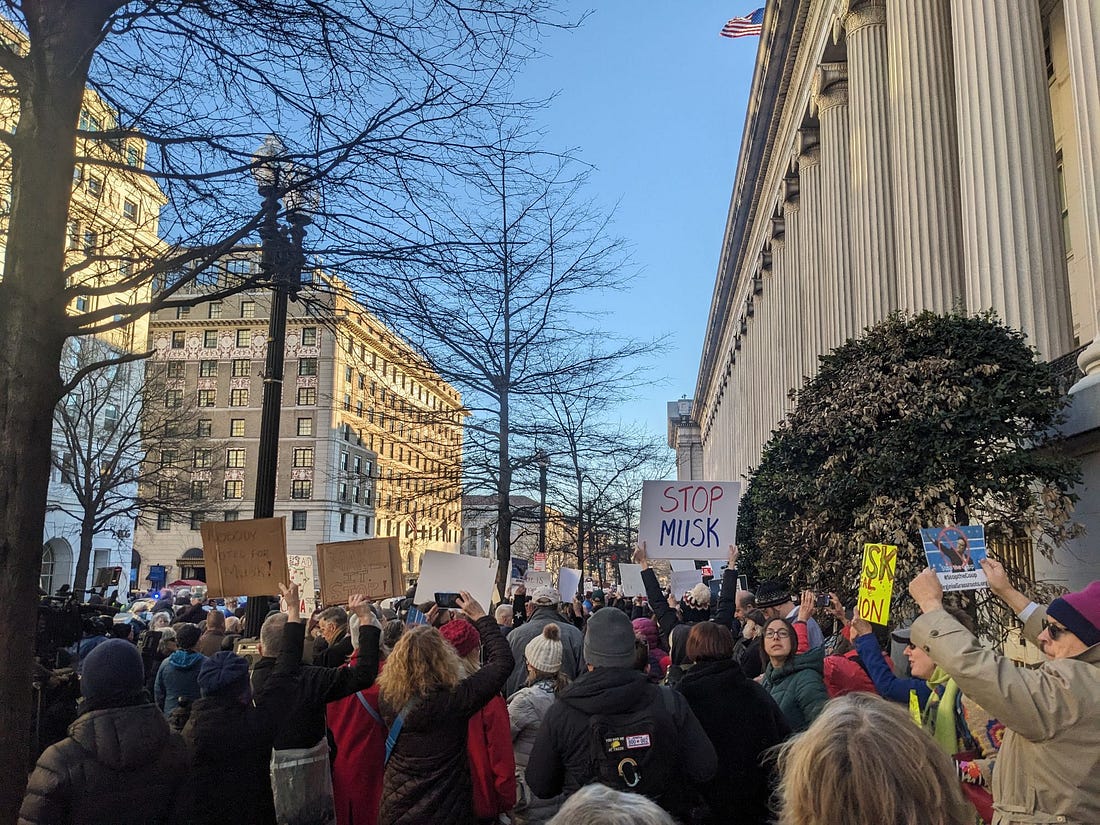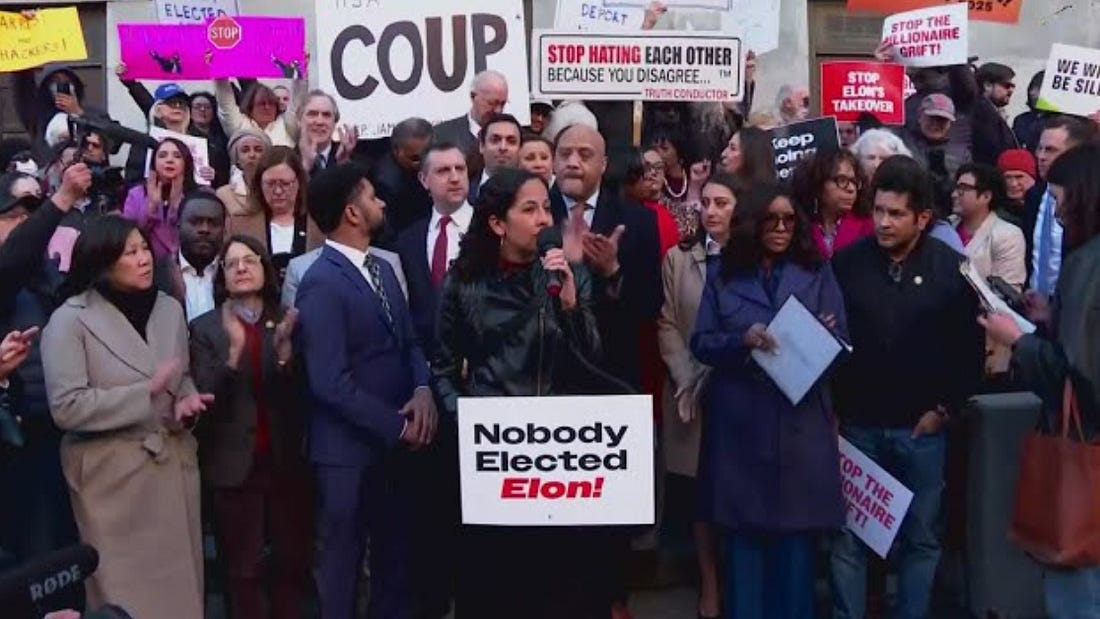I started a new job a few months ago and was put on a project to update all of the documents on our SharePoint site as they needed rebranding. Sounds pretty easy, doesn’t it? Replace a few different old company words/acronyms with the new ones, replace the logo, update colors and voila, update done. Unfortunately for me, I’m also REALLY persnickety about formatting, spelling, and punctuation, so as I find documents that need fixing, I have to fix them. It’s just not in my nature to ignore them. I’ve tried, and I absolutely, positively can’t do it.
Why is it that so many professionals in business don’t know how to create a clean, professional business document? I can’t even begin to tell you how many times I’ve seen sentences without periods at the end, confusion around common and proper nouns, commas where they don’t belong, and other assorted issues. I know, I know, you’re all rolling your eyes at me, it’s ok! I know I’m strange about stuff like this, and I can live with it.
Years ago, I had a manager who was picker than me about making documents look good, and at the time she really got on me about mistakes. I remember being upset with her at the time, but honestly, she taught me so much. (I saw her several years ago and told her how grateful I was for what she taught me, and that turned out to be one of the most gratifying conversations I have ever had!) She made me a really good proofreader…for other people’s documents, that is. For my own, not so much. I don’t know why I can’t see my own mistakes, but it’s probably because I’m too close to them. The good news is that at least I know it and ask other people to proofread for me when it’s important or run everything through spell and grammar check. I don’t know why everyone doesn’t do that. I just think it looks awful to have those kinds of mistakes in a document that is being shared outside of your team, and worse, with clients because you know that the client has someone just as odd as me, who will see those careless mistakes. (If you read a prior post from me about job hunting, you’ll remember I commented on my discovery that my spell and grammar check wasn’t working and how horrified I was about the cover letters I’d sent out.)
Another annoyance for me is not aligning numbers and bullets in a list. Use the functions built into the application to align things correctly for heaven’s sake! That’s what the indent is for, or the little tab markers in the ruler at the top of the page. I’ve seen indent used on one line, spaces on the next and nothing on a line following that, so nothing lined up correctly at all! All of this fussiness meant that my fairly simple little project grew exponentially because of my own pickiness. Yep, it’s my own fault, I know that. At least when I was done with them, they looked fantastic. Unfortunately, no one appointed me proofreading czar, so that means I’ll have to learn to bite my tongue going forward as those same people will continue to churn out documents with the same reckless abandon they always have.
Maybe someday I’ll be in charge and can have that expectation on my team but in the meantime, I’ll have to learn to roll my eyes in silence, which is probably a good skill to have anyhow. To amuse myself in the interim I’ve been reading “Eats Shoots and Leaves: The Zero Tolerance Approach to Punctuation” by Lynne Truss. It’s a humorous look at what a difference correct punctuation makes in writing. Just the title ought to be enough to demonstrate. If one were to add a comma, it becomes “Eats, Shoots and Leaves” meaning sometime came along, ate something then took a photograph (or perhaps shot a bow and arrow or fired a gun) then left. Without the comma it is “Eats Shoots and Leaves” meaning the diet of an herbivore. Punctuation matters!
So after all my ranting above, did you find any errors I missed? Let me know, please! Also, what pet peeves in your professional life you do you have? Feel free to share. I know I’ll feel better not being the only fussy one out there.







 One thing he does as well, is sell logs that are hollowed out from decay, along with color packs for the fire, and when you put that hollow log upright on a fire and toss in the color pack you get a really cool effect. Unfortunately we don’t have an open fire pit here, so we couldn’t bring any of the logs back with us.
One thing he does as well, is sell logs that are hollowed out from decay, along with color packs for the fire, and when you put that hollow log upright on a fire and toss in the color pack you get a really cool effect. Unfortunately we don’t have an open fire pit here, so we couldn’t bring any of the logs back with us. There is a U2 plane, the kind that Francis Gary Powers was in when he was shot down, an SR-71A B
There is a U2 plane, the kind that Francis Gary Powers was in when he was shot down, an SR-71A B

 It has ridges on the clear glass end and as the ink flows down the ridges and is used up, you just redip it again. If you decide you don’t like the color just wipe off with a damp paper towel. No need to refill a whole pen which makes it a great choice for playing around with all the ink samples I’ve gotten so far (too many, really!) Another pen I ordered is one that has a flex nib which allows you to write with both thick and thin lines as well. It writes a little like calligraphy with the variable line width, or you can just keep it as a fine point writer. I also ordered a book on cursive writing, because apparently this is a lost art. I grew up taking penmanship and writing cursive and was quite surprised to learn that is stopped being required in schools around 2010 (
It has ridges on the clear glass end and as the ink flows down the ridges and is used up, you just redip it again. If you decide you don’t like the color just wipe off with a damp paper towel. No need to refill a whole pen which makes it a great choice for playing around with all the ink samples I’ve gotten so far (too many, really!) Another pen I ordered is one that has a flex nib which allows you to write with both thick and thin lines as well. It writes a little like calligraphy with the variable line width, or you can just keep it as a fine point writer. I also ordered a book on cursive writing, because apparently this is a lost art. I grew up taking penmanship and writing cursive and was quite surprised to learn that is stopped being required in schools around 2010 (
 Now even in total darkness, we can just find the raised bump by touch and voila! Instant light. You can see the dot in the photo at right and about every 6 months or so my husband says “that was SUCH a s good idea”. As a matter of fact, Samsung, here is the criteria for the perfect microwave: 1. Lighted
Now even in total darkness, we can just find the raised bump by touch and voila! Instant light. You can see the dot in the photo at right and about every 6 months or so my husband says “that was SUCH a s good idea”. As a matter of fact, Samsung, here is the criteria for the perfect microwave: 1. Lighted  I just love it. You attach the 4 corners of the sheet to the 4 corners of the plastic disk, (They attach a little like a garter). Voila! No more tangled up sheets. I don’t remember where I heard about them but finally decided to try them and after 4 months, I think they’re the best thing since sliced bread. The worst thing about them is that the 4 corners come out slightly wrinkled because of being attached to the little garter thingy, and there are folks in the reviews that fuss about that. Honestly, I don’t have anyone that persnickety in my house. If a guest is going to see those little wrinkles, I can’t call for a hotel room for them. I also know there were some folks that didn’t have as good luck as I’ve had, and I think perhaps they had king size sheets, which might be too big for this to work. We have queen size and they’re perfect.
I just love it. You attach the 4 corners of the sheet to the 4 corners of the plastic disk, (They attach a little like a garter). Voila! No more tangled up sheets. I don’t remember where I heard about them but finally decided to try them and after 4 months, I think they’re the best thing since sliced bread. The worst thing about them is that the 4 corners come out slightly wrinkled because of being attached to the little garter thingy, and there are folks in the reviews that fuss about that. Honestly, I don’t have anyone that persnickety in my house. If a guest is going to see those little wrinkles, I can’t call for a hotel room for them. I also know there were some folks that didn’t have as good luck as I’ve had, and I think perhaps they had king size sheets, which might be too big for this to work. We have queen size and they’re perfect.




